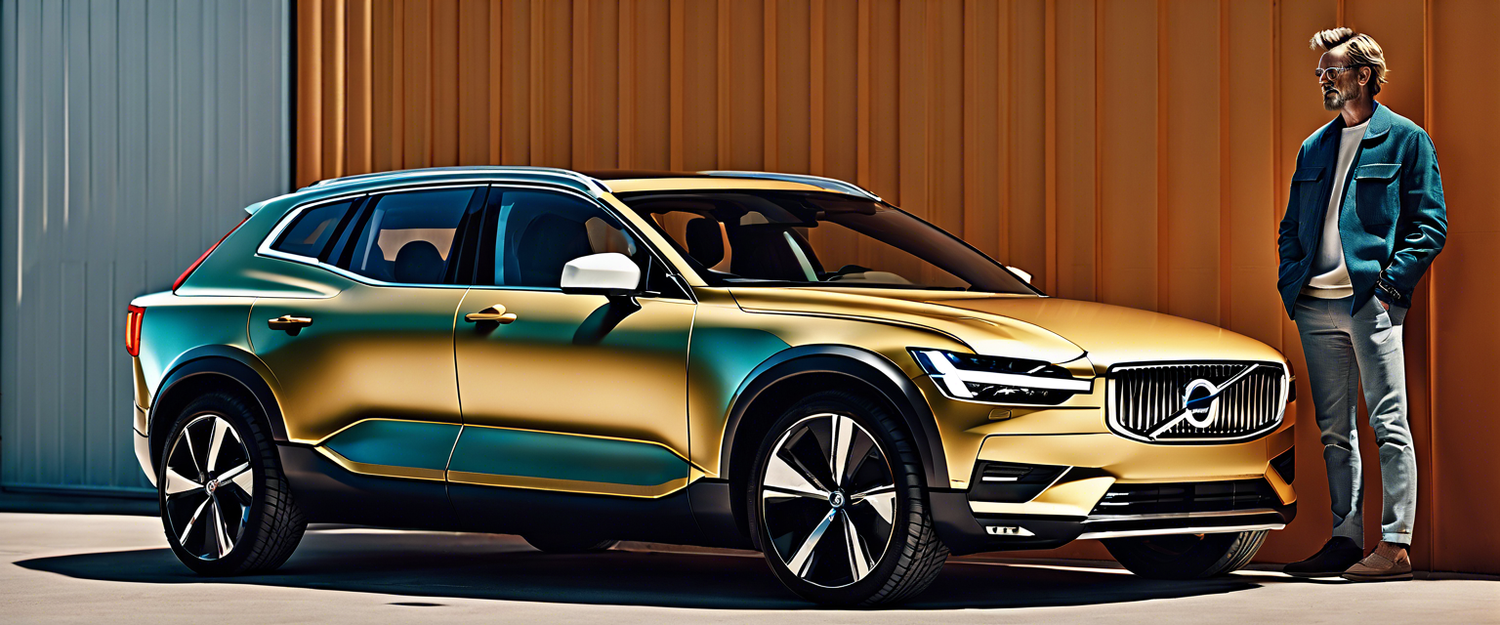Volvo Adjusts Plans for Electric Vehicle Rollout
In early October 2023, Volvo announced significant changes to its plans regarding the transition to electric vehicles (EVs). Originally aiming for a 100% electric lineup by 2030, the automotive giant is now shifting gears, indicating a new strategy in response to market realities. Vanessa Butani, Volvo's head of global sustainability, revealed the company is postponing its electric-only goal, citing a lack of market demand.
Market Demand and EV Readiness
Butani stated, "We reduced the ambitions we had set to go 100 percent electric by 2030. We’re pushing that back a bit, not committing fully to a year right now, because we see that even though we’re fully ready to do it, the market’s not really with us." This change in strategy marks a significant shift from Volvo's previous assertions, highlighting the challenges faced by automakers in the transition to electric mobility.
Previous Commitments
Volvo has a history of ambitious statements regarding electrification. The automaker had previously committed to becoming an all-electric brand by 2030, a goal backed by then CEO Håkan Samuelsson. He emphasized the importance of investing in electric and online sectors rather than traditional gasoline-powered vehicles. Just last year, Bjorn Annwall, the brand’s chief commercial officer, reiterated that Volvo would have a fully electric lineup globally by 2030.
New Focus: Electrified Lineup
Now, however, Volvo is adopting a hybrid approach. The company plans to sell a mix of hybrids and battery electric vehicles, aiming for “90 to 100 percent electrified models” by 2030. Furthermore, Volvo targets carbon neutrality across its operations and supply chain by 2040. Butani describes these adjustments as necessary amid declining customer interest in EVs. Recent data from JD Power indicated just 22% of new-vehicle shoppers are "very likely" to consider an EV, representing a 4.2% drop compared to last year.
The Road to Electric Future
Despite the challenges, Butani remains optimistic about the future of electric mobility for Volvo. "We want to go electric," she affirmed, emphasizing the necessity for collaboration across the industry to achieve this goal. However, she notes that government initiatives to promote EVs have fallen short, with incentives being revoked, and the rollout of charging infrastructure being slower than desired.
Infrastructure and Incentives
While customer satisfaction with EV charging stations has improved year over year, the systemic challenges persist. Butani pointed out how legislative changes, such as those related to the Inflation Reduction Act, have impacted Volvo. The act mandated that to qualify for federal EV tax credits, vehicles and their batteries must be assembled in the US — a criterion that potentially excludes Volvo's offerings.
Challenges Faced by Volvo
Moreover, Volvo’s ownership by China’s Geely introduces additional hurdles. The launch of the compact EX30 SUV, expected to retail at $35,000 in the US, has faced delays. It was significantly impacted by the Biden administration’s proposal to increase tariffs on Chinese-made EVs to 100%. Consequently, Volvo is now looking to shift production to Europe, resulting in a delayed US release until late 2025.
Tariffs and Production Strategy
Butani has acknowledged the challenges posed by these tariffs, stating, "Tariffs are tough, of course, and they do have an impact." This situation reinforces the necessity of proximity in vehicle production and sales operations, as it affects both costs and market access.
Environmental Goals and Adjustments
Despite the setbacks, Volvo maintains its standing as a leader in sustainability pledges. The adjustments to its emissions reduction targets reflect only a moderate impact; Butani noted that the changes would only reduce the expected 2025 emissions reductions per vehicle from 40% to 30-35%. Similarly, the target for 2030 has been adjusted from a 75% emissions reduction per car to a 65% reduction.
Commitment to Sustainability
Butani summarized the situation by saying, "It’s a small adjustment, and we’re still committed.” The company is striving to redefine its approach while remaining dedicated to electrification and sustainability, emphasizing that collaboration within the automotive industry and beyond is crucial for advancing the electric vehicle market.



Leave a comment
All comments are moderated before being published.
यह साइट hCaptcha से सुरक्षित है और hCaptcha से जुड़ी गोपनीयता नीति और सेवा की शर्तें लागू होती हैं.